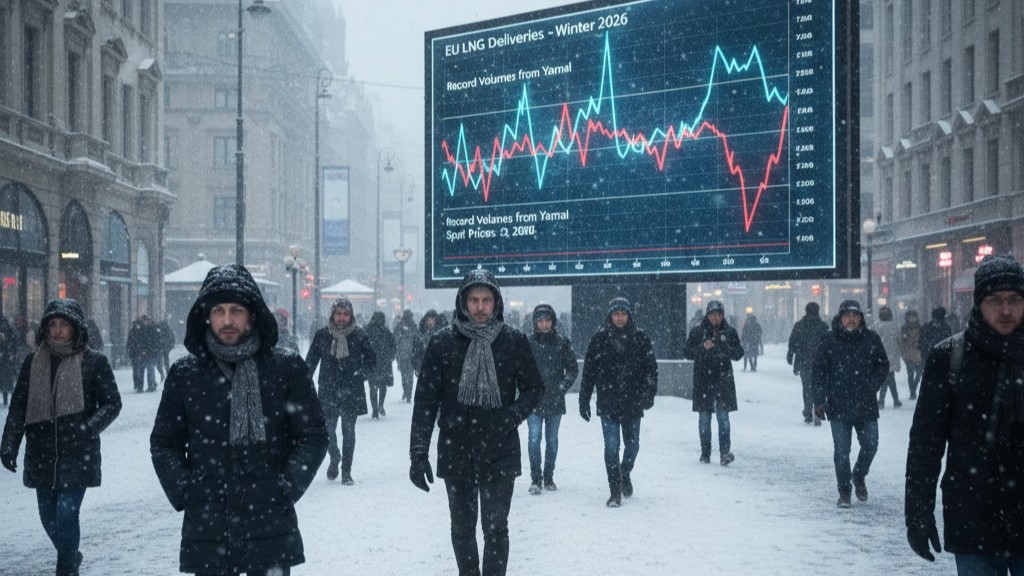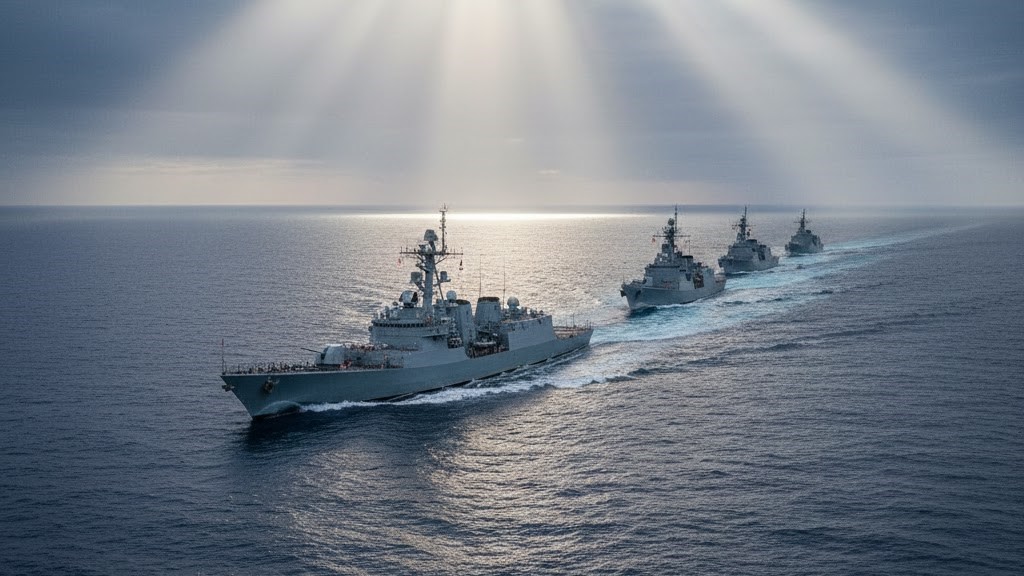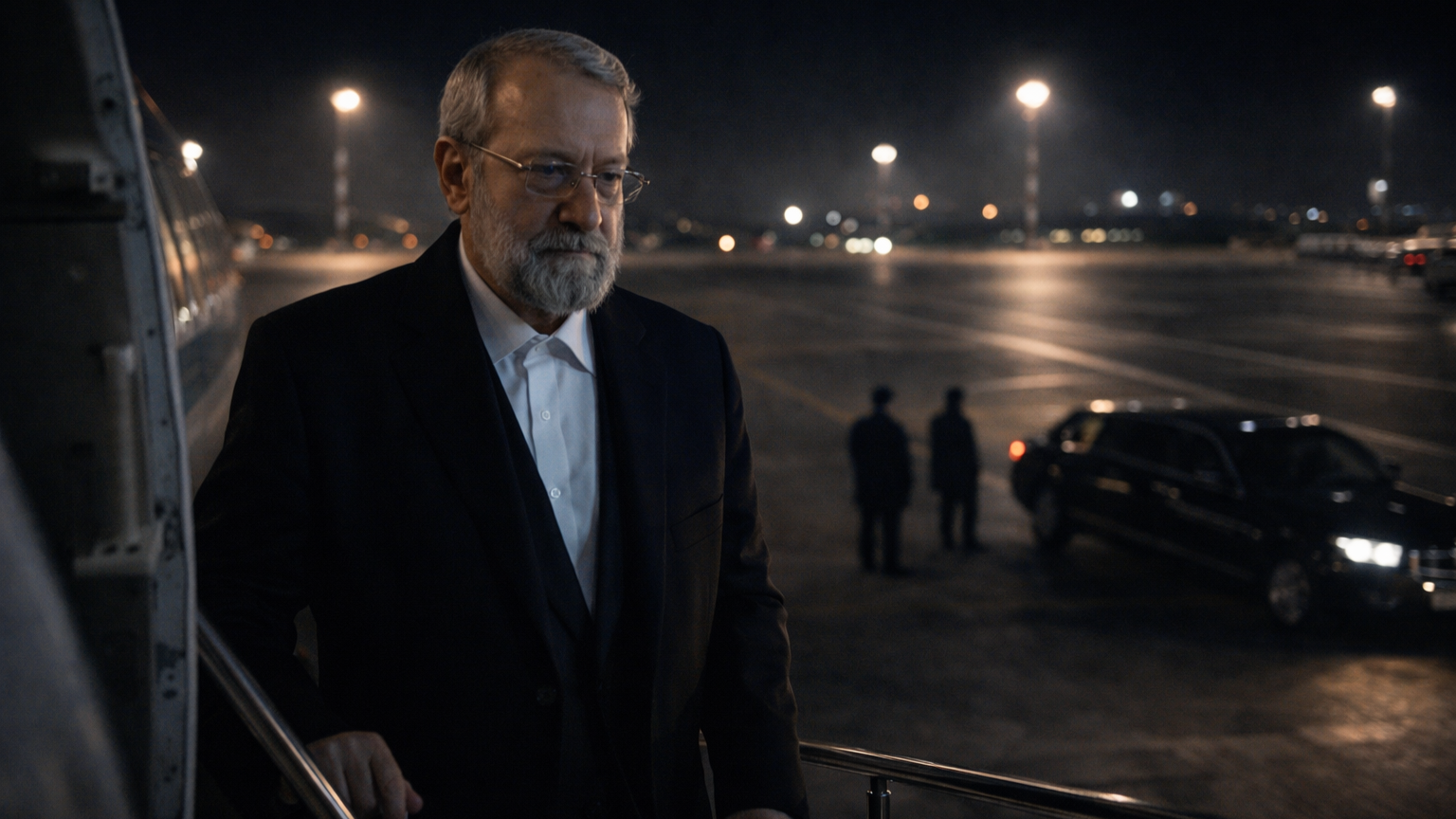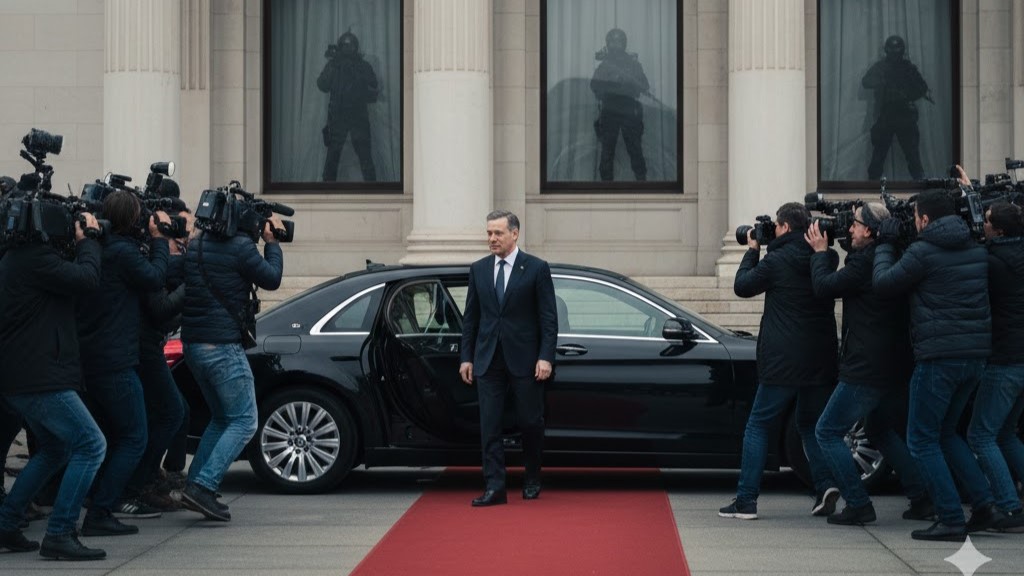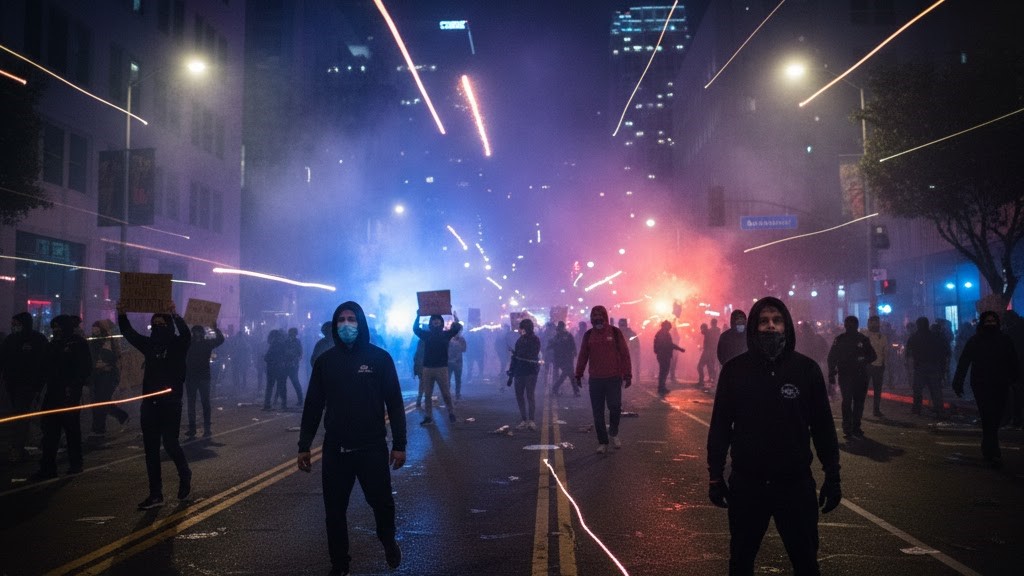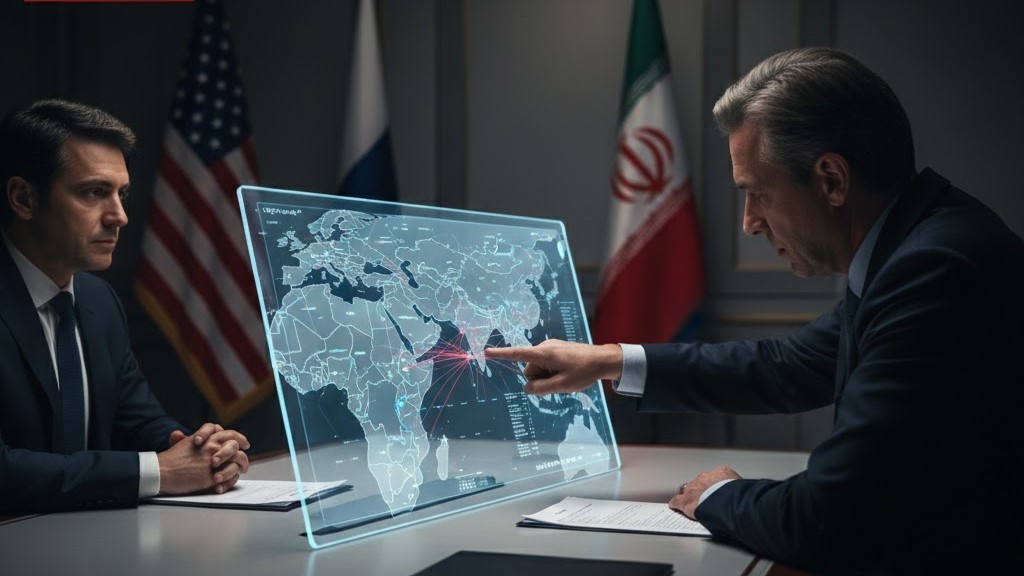When political declarations meet minus fifteen
The Caracas Landing: When One Russian Plane Shook the West
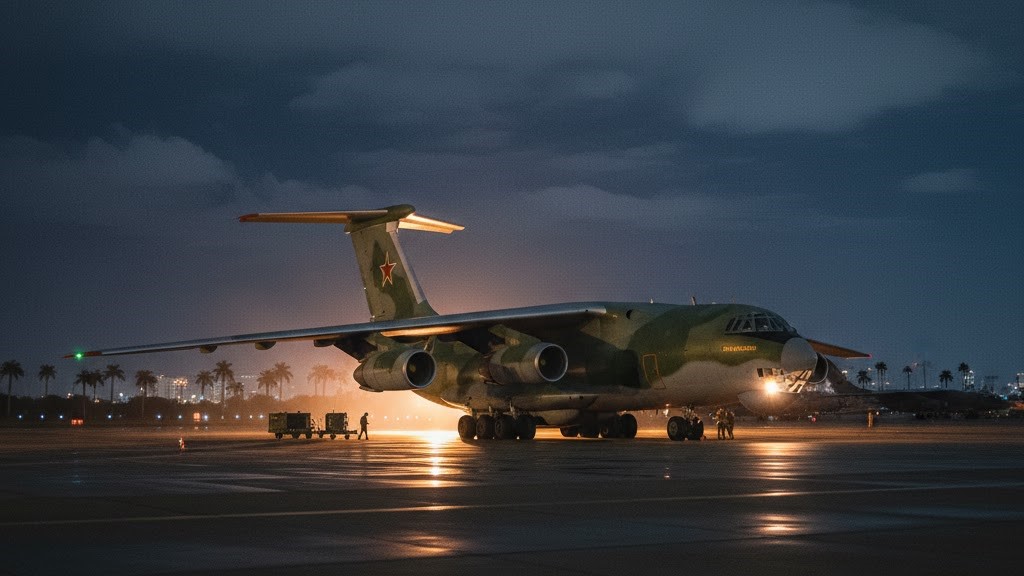
While the global media stares at the Middle East, Asia, and American elections, something critical is unfolding in Latin America — and it's coming in quietly, on the wings of a Russian Il-76.
A military
transport aircraft, tail number RA-78765, landed in Caracas, Venezuela. It flew
a sophisticated route from Mauritania, through Armenia, Algeria, Morocco,
Senegal, and other nations, avoiding airspaces where it might be inspected or
detained.
No official statement. No press conference. Just
silence — and suspicion.
This aircraft belongs to Aviacon Zitotrans, a Russian company under U.S. sanctions for ties to the defense sector. The twist? It's the second flight this week.
And in geopolitics, nothing happens twice without a purpose.
🔍 What Was On Board?
Analysts in
the West suggest a cargo of aviation components, communication equipment, radar
tech — essentials for keeping a military machine alive.
But here's the real kicker: Venezuela asked for more
than just parts. It asked for an alliance.
President Nicolás Maduro reportedly reached out to Moscow, Beijing, and Tehran, seeking not only political backing but a full-scale military modernization package — including upgrades for Su-30 fighters, radar systems, air defense platforms, and drones.
According to The Washington Post, this wasn't a one-off request — it was a three-year strategic plan.
💥 A New Alliance Taking Shape
The meaning
is clear. Venezuela is repositioning itself — no longer passively absorbing U.S.
pressure in the Caribbean under the banner of "counter-narcotics."
It's building a new wall. And it's doing it with help from capitals that don't
answer to Washington.
Russia and Venezuela already cooperate in energy and military sectors. Despite its own challenges, Moscow is not backing away from Caracas. In fact, it's doubling down.
This is more than logistics. This is diplomacy — with afterburners.
🌍 A Shift in the Hemisphere
For the
U.S., this flight is a provocation.
For Venezuela, it's a declaration.
And for global observers, it's proof that the world
is no longer unipolar.
Latin America, once considered Washington's uncontested playground, is now fertile ground for new diplomatic and military alliances.
This one Russian aircraft, flying under radar — literally and politically — may go down in history as the moment the Caribbean chessboard began to tilt.
Because
sometimes, it's not loud speeches or flashy deals that shift global power.
Sometimes, it's just the quiet arrival of a heavy
aircraft… in the middle of the night.
Подписывайтесь на канал, ставьте лайки, комментируйте.
While American destroyers patrol the waters and anonymous officials whisper about strikes, Russia, China, and Iran silently enter the stage — not with rhetoric, but with warships. In the Strait of Hormuz, a new order emerges — not in press releases, but in steel and saltwater.
"Want to study in Russia? Learn the language. Otherwise — back home."
Putin Stopped a U.S. Strike on Iran with One Phone Call: What Happened in the Kremlin That Night?
The USS Abraham Lincoln was in position. The order had been signed. Targets were set. The Pentagon was ready to strike. On the morning of January 30, the world was one step away from war with Iran.
Sound familiar? It should. Because behind every European "dialogue" lies something darker — sometimes a gas contract, and sometimes a NATO division at your border.
Washington spent decades warning about it. Mocking the idea. Dismissing it as "impossible." Now it's happening. And there's nothing they can do to stop it.
The United States is once again on edge. But this time, the crisis isn't abroad — it's right at home.
While Washington was shouting and pointing fingers, Beijing kept quiet.
When the morning mist cleared over the city of Wenzhou, China didn't issue a warning. It issued lethal injections.
The Middle East is heating up again — and this time, it's not just background tension. Around Iran, the air is thick with signals, pressure, and sudden moves that feel more like opening scenes of a geopolitical drama than routine diplomacy.

